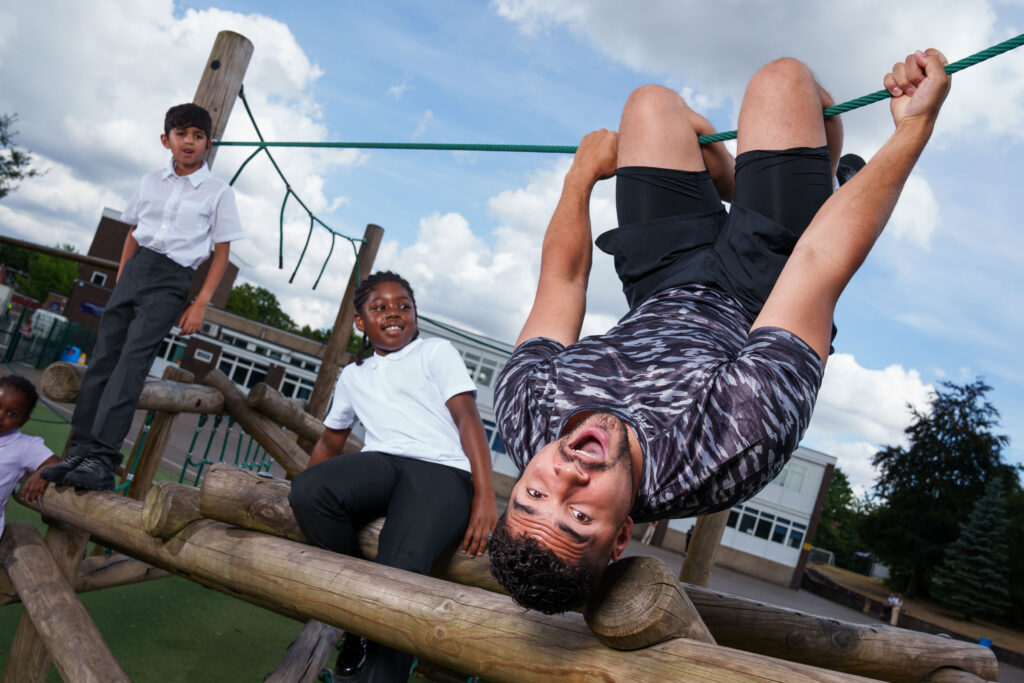How to prepare for GCSE results day

Oftentimes, GCSEs are the first time that a child may experience this kind of pressure, so it is important to put yourself in their shoes. Even if you are confident that they will have done well, they may be experiencing feelings of doubt or anxiety.
Perspective is always key. The reality is, prior to results day, there’s literally not much that can be done. Your child isn’t going to know their results until the very moment they open that envelope. If you sense your child is feeling anxious, then remind them that they can’t change the past, and encourage them to focus on the present. We are lucky enough to have beautiful weather at the moment, so make sure they take time to enjoy their summer before the new academic year.
That said, if you’re concerned that your child may not have quite made the grades, then it may be helpful to have a conversation in advance to work out what your options are. It may be a tough one to have, but having an open and honest conversation about ‘worst-case scenarios’ will help you react appropriately on the day.
What to do after your child received their grades?
Congratulations – your child got the results you both wanted! If this is the case, their spot at sixth form or college should be ready and waiting for them! Fabulous! But, before you kick off the new academic year, it’s time to celebrate, because passing their GCSEs is one of those milestones that deserves a little party, and they will have worked hard to get the grades.
Be sure to congratulate your child for their efforts, even if not every mark is as they hoped. The distribution of grades can sometimes help identify your child’s strengths and weaknesses, and help shape the path they want to take for the future.
Lastly, when you’re done celebrating, it’s time to get serious and prepare for another year of studying. Sixth form or college typically allows students a lot more independence, so work with your child to understand how they will juggle school work, how they will divide their time and how you can support them as and where needed.
What can you do when your child did not get the grades they were hoping for?
You can ask your sixth form if you’re allowed to start studying the subject on the contingency you re-do your failed GCSE and pass this time round. For example, you may not have got a sufficient grade to study English Literature A-Level, you may ask your college if you can start studying the course regardless, whilst simultaneously studying hard with the anticipation of re-sitting your English Literature GCSE in the Autumn resit period. It will take a lot of studying because you’ll be revising for your resit whilst also embarking on your current academic A-Level journey – but it would be worth it not to fall behind by taking a year out. What might be helpful when finding yourself in this situation, is getting your child a tutor. A tutor can help your child in understanding the subject, learn how to prioritise, but also mentally support in the run-up to their resit and make sure they feel confident when the time has come.
Remember, you must pass your English and Maths GCSE. It is now essential to receive passing grades in these subjects to get into most colleges and sixth forms. Even most apprenticeships now require this too. Whatever happens, if you do not pass these subjects you will have to resit them until you get a passing grade. If they were too hard, you can also opt for English or Maths Functional Skills courses.
You can always repeat Year 11 and resit your GCSEs if necessary. In this eventuality, sometimes you will be allowed to do this at your current school. Some families opt to not return to school and study for retake exams independently. In this case, it is highly recommended that you find a tutor to support you!




